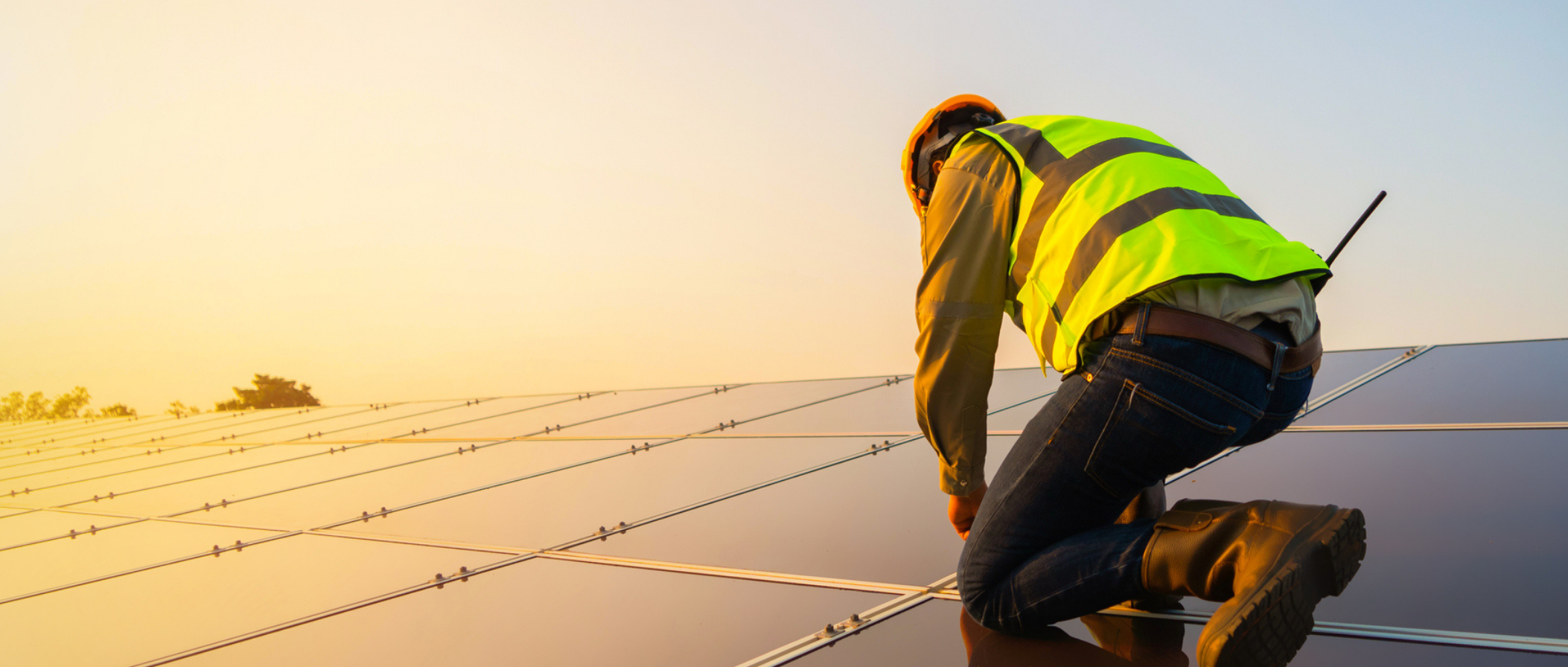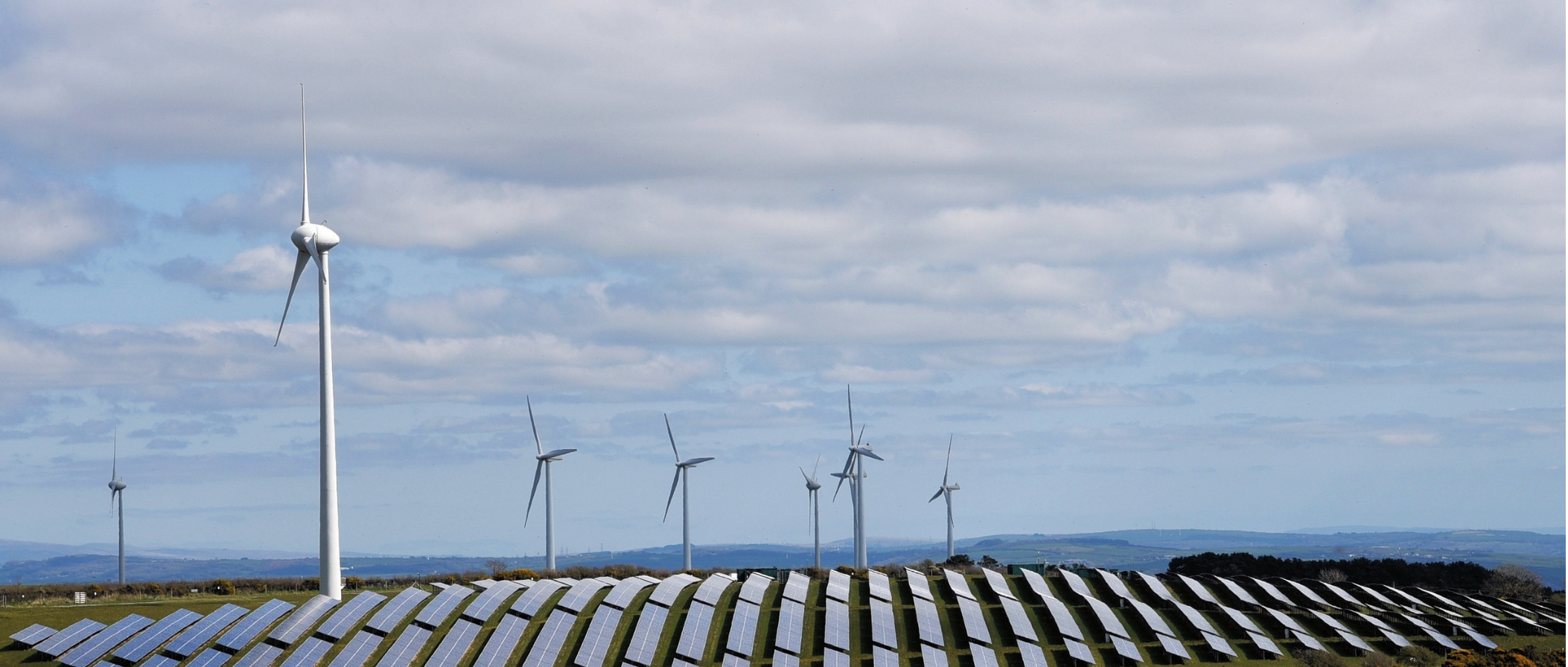Four Unmissable Opportunities for Energy Suppliers in 2022
2022 is going to be a challenging year for energy suppliers. But this could be the year we create a lasting, positive shift in how people buy and consume energy.
After these last couple of years of everything being “unprecedented”, we are all tired of it. We want a future we feel we can plan for again.
While we’re not there yet, there is a clear need to spring into action. And there are several opportunities right now in the energy sector. So here is what we believe the rest of 2022 has in store for us and what you can do to bolster your business in the energy sector.
The role of fossil fuels in energy is slipping—accelerated by the fuel crisis
It is abundantly clear that the conflict between Russia and Ukraine, and the fuel crisis it has created, is going to have long-term, likely permanent, consequences for energy in Europe.
There’s both good and ill in this.
On one side, companies and consumers alike feel the painful squeeze of rising costs. In the U.K., the energy price cap increases in April, will plunge an estimated 6.5 million households into fuel poverty—a record high. While this might bring temporary relief to energy suppliers, it throttles long-term growth if they lose customers.
On the other hand, it has never been more appealing or cost-effective to move away from fossil fuels to domestic, renewable energy. The fuel crisis is creating an environment where transforming how we produce energy will become the single most pressing issue for energy suppliers in the U.K. and all over the world.
This is your opportunity to double down on smart, renewable energy to minimise the impact of the fuel crisis on your organisation and on your clients.
A Golden Opportunity to Rebuild Customer Trust
Customer trust in energy suppliers has bottomed out.
While as an energy company, you are responsible for driving changes in the way customers consume energy, you likely have little control over the pain that is already here and driving the need for change.
You are navigating the effects of government policy and global energy markets. But as energy prices skyrocket consumers blame you as the energy supplier. This understandably leads consumers to distrust energy companies, creating scepticism around the advice you give out and worse, resistance to initiatives such as e.g. onshore wind farms that will contribute to lower energy prices in the longer term.
But this also creates a significant opportunity if you are willing to look at how you deliver services and focus on building rapport with your customer base.
With customer trust so low, any effort to better communicate with your customers and improve service reliability will be a considerable differentiator from your competition.
For example, suppose you’ve identified an area where you want to build wind turbines. You invest serious effort into demonstrating the benefits of the development and listening to the local community. In that case, you are far more likely than ever to create fans of your company brand.
We believe this is because the public now better understands the rewards and benefits of these changes. Between climate change and the fuel crisis, there is also a clear demonstration of the costs of continuing to resist change.
If you can give your customer a voice in how green energy is rolled out, you have enormous potential in the current market. The key is to be transparent about where, when, and why you’re doing it. However, to succeed with this strategy, your customers already need to trust your company brand. And that means taking the time to get to know them.
It also means prioritising service quality and reliability. There is little room for completing work late or poor service quality, particularly if it requires technicians’ repeated visits to meet customer needs.
Collaboration with Related Businesses will Open New Opportunities
There are currently several efforts by the government in the U.K. to encourage improvements in energy efficiency in U.K. households. However, it’s been difficult for many homes to access these benefits.
Widespread home energy efficiency demands work from several business types that could be working together to use the incentives available. This could include house builders, home insulators, HVAC specialists, or even mortgage brokers to assist a household in accessing funds to retrofit an older home.
Energy suppliers can help and, in doing so, open up new opportunities for additional revenue and collaboration with related businesses. Retail has already hit upon the power of collaboration, and it’s now the turn of energy companies.
As an example, you may be focused on installing smart meters in your customers’ homes. But, with a few extra tools, you could capture related information during your technician’s visit to the house. For example, with a little bit of spare time, a technician could ask the homeowner about their home insulation, the condition of their windows, and how the house is heated.
This could be an opportunity for outstanding customer service. It also opens up opportunities to offer other services, both for the energy company and companies that choose to collaborate with them.
Additionally, there is already an apparent demand for better data capture around infrastructure in the U.K. and the rest of Europe as we de-carbonise. There is a steep increase in demands on our energy grid as we rely on it more with the removal of fossil fuels from our cars, kitchens, and home heating systems.
It will be enormously helpful if we can keep careful track of infrastructure changes: who installed it, when, and its warranty status and expected operational lifetime.
You’re going to have to learn to do more with less
Finding efficiencies in operations with less-than-favourable circumstances will be a significant challenge for the foreseeable future. This will not be easy between a war, climate change, and the time and investment needed to transition our society from fossil fuels to green energy.
Doing more with less also applies to your customers, especially those with prepayment meters, who are affected disproportionately by price increases. We’ve seen that even energy suppliers want to help customers reduce their consumption. This is both because of the increasing strain on infrastructure and, when it comes down to it, a lost customer hurts the long-term sustainability of the business.
It is here in particular that Skedulo can help you. Using our tools, we can help technicians and engineers do more during their week in the same amount of time, including:
● Efficiently schedule all work and tasks.
● Help reduce travel times between appointments, further helping you reduce petrol and maintenance costs.
● Organise and immediately share information between field technicians and the office, including times, equipment required, and information about the customer, i.e. if they’re hard of hearing, have dogs, etc.
● Assist in capturing and relaying new information gathered about the customer and their home. Use this information to improve the care and attention you offer, and explore opportunities to provide further services.
So those are the 4 major opportunities available to you in the energy sector this year, if you want to get out ahead of the competition.
You have the chance to double down on smart energy, rebuild customer trust, collaborate with other organisations, and optimise your operations while reducing your customers’ consumption.
To find out how to optimise your field services, book a demo and talk to us about Skedulo scheduling.





